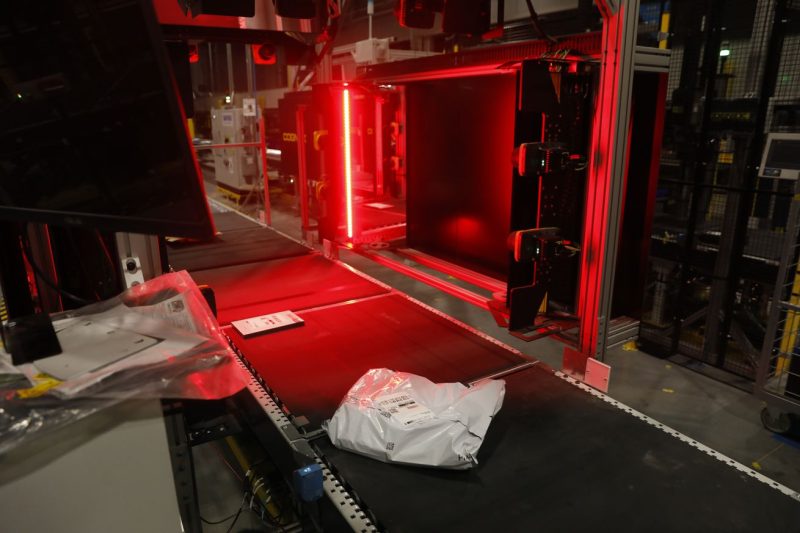Amazon Still Has a Serious Plastic Waste Problem in the US
The Environmental Impact of Amazon’s Plastic Packaging
Amazon, the e-commerce giant that has revolutionized the way we shop, is facing growing scrutiny over its plastic waste problem in the United States. Despite its efforts to promote sustainability and reduce its environmental footprint, Amazon continues to struggle with the excessive use of plastic packaging in its operations.
According to a recent report by the organization Oceana, Amazon generated an estimated 211 million pounds of plastic waste in 2020, with a substantial portion of it ending up in landfills or oceans. This staggering amount of plastic not only contributes to environmental pollution but also poses a significant threat to marine life and ecosystems.
The Problem with Single-Use Plastic Packaging
A major source of Amazon’s plastic waste issue lies in its reliance on single-use plastic packaging for shipping products to customers. These plastic materials, such as bubble wrap, air pillows, and plastic envelopes, are convenient for packaging and protecting items during transit but have a detrimental impact on the environment.
Single-use plastics are notoriously difficult to recycle and often end up in landfills or the natural environment, where they can take hundreds of years to decompose. Additionally, the production and disposal of these plastics contribute to greenhouse gas emissions and other forms of pollution, further exacerbating the global plastic waste crisis.
The Call for Sustainable Packaging Alternatives
As awareness of the plastic pollution problem grows, consumers, environmental advocates, and lawmakers are increasingly calling on Amazon to adopt more sustainable packaging alternatives. This includes using recyclable materials, reducing the overall amount of packaging used, and implementing innovative solutions to minimize waste generation.
Some companies have already taken steps to address their plastic waste footprint, such as offering plastic-free packaging options, using biodegradable materials, or incorporating recycled content into their packaging. These efforts not only help reduce environmental harm but also demonstrate a commitment to corporate social responsibility and sustainability.
The Importance of Corporate Responsibility
Amazon, as one of the world’s largest retailers, has a unique opportunity to lead by example and drive positive change in the fight against plastic pollution. By prioritizing sustainable packaging practices, investing in recycling infrastructure, and engaging with stakeholders on environmental issues, Amazon can help mitigate its plastic waste impact and contribute to a cleaner, healthier planet.
In conclusion, Amazon’s plastic waste problem in the US is a pressing environmental issue that requires immediate attention and action. By reevaluating its packaging practices, embracing sustainable alternatives, and collaborating with stakeholders, Amazon can make a significant difference in reducing plastic pollution and promoting a more environmentally conscious business model.





























